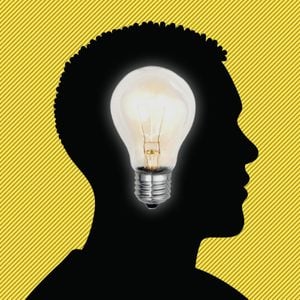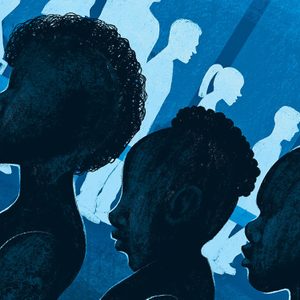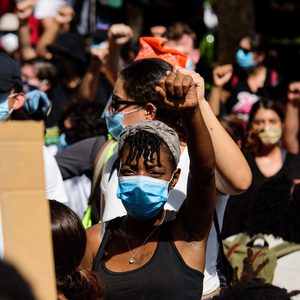Sharing the Untold Stories of Black History in Canada
How historian Dr. Dorothy Williams is bringing Black History in Canada to life for the next generation of Canadians.
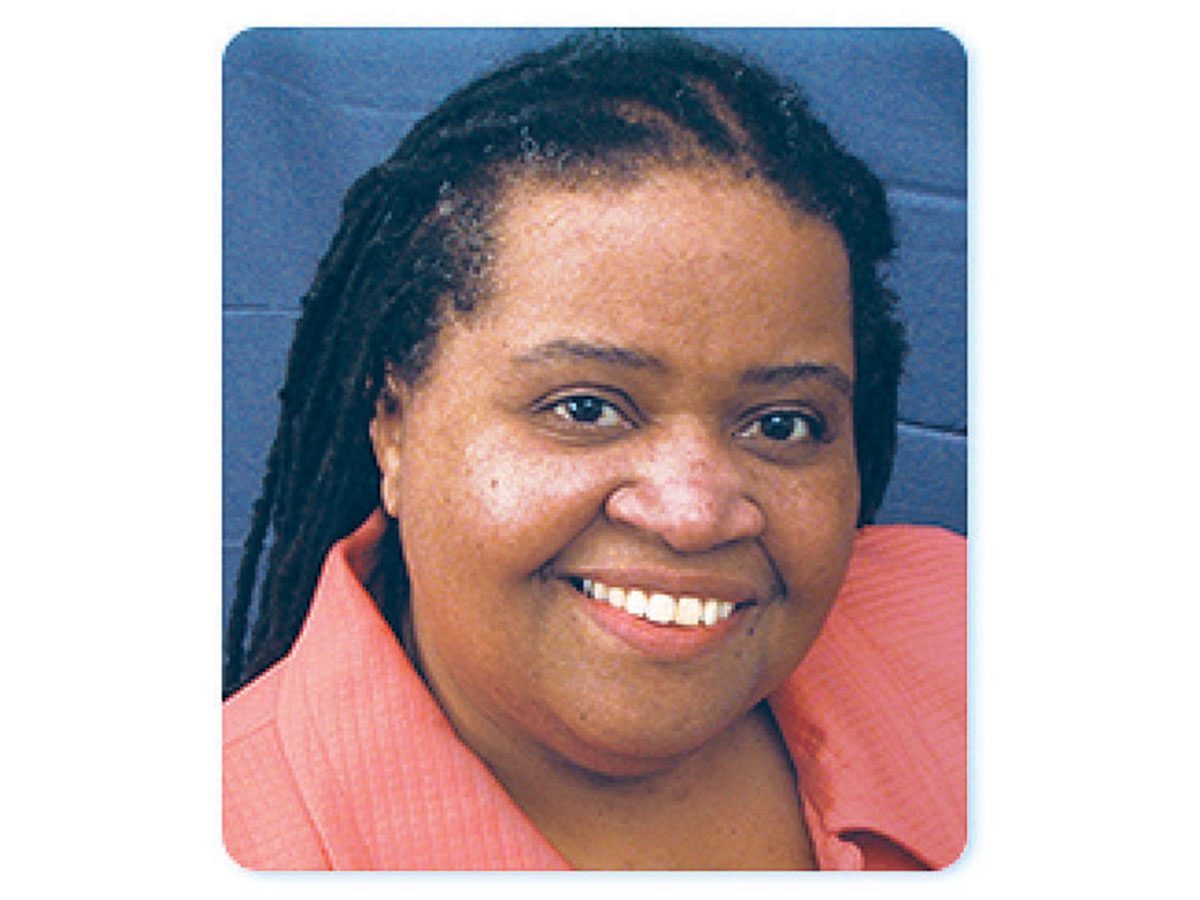
In early 2010, a casual conversation with a colleague, Dr. Dorothy W. Williams, led to the discovery of our shared passion for Black History. My own interest was anecdotal, mainly spot referencing stories of notable Black Canadians. I quickly realized that Dorothy’s knowledge dwarfed mine—and that of anyone I knew! She had been compiling this information most of her adult life and had carefully chronicled some of it into two books on Blacks in Montreal.
During Sunday pancake breakfasts at the Montreal landmark restaurant, The Greenspot, I grew to understand the pricelessness of her collection and the accumulated knowledge she had at her fingertips. I talked at length about doing more with her resources, but Dorothy was reluctant and protective, like a mother bear whose cubs were threatened. Her experience with others had been anything but positive, as friends and foes alike had sought to exploit Dr. Williams and her life’s work for their own gain. For years, she kept her knowledge to herself, safe but unknown, unshared and unappreciated. Over time and more pancakes than you can imagine, I convinced Dorothy that her work could be the key to helping Black youth understand the amazing history of Black Canadians.
The Underground Railway figures so prominently in our Canadian Black History teaching, but too few learn that this history extends back to Samuel de Champlain’s arrival, or later to the fur trade era or the arrival of the Loyalists. Students may learn about Blacks in the War of 1812, but few discover the Blacks who helped to police the British Columbia Territory during the Gold Rush, or the Black entrepreneurs whose family businesses have roots as deep as those of the Molson’s. Viola Desmond was celebrated on our $10 bill, but where is the teaching about the Blacks who challenged human and civil rights in Canada in the ’30s, ’40s and ’50s, long before Rosa Parks and Dr. Martin Luther King Jr.?
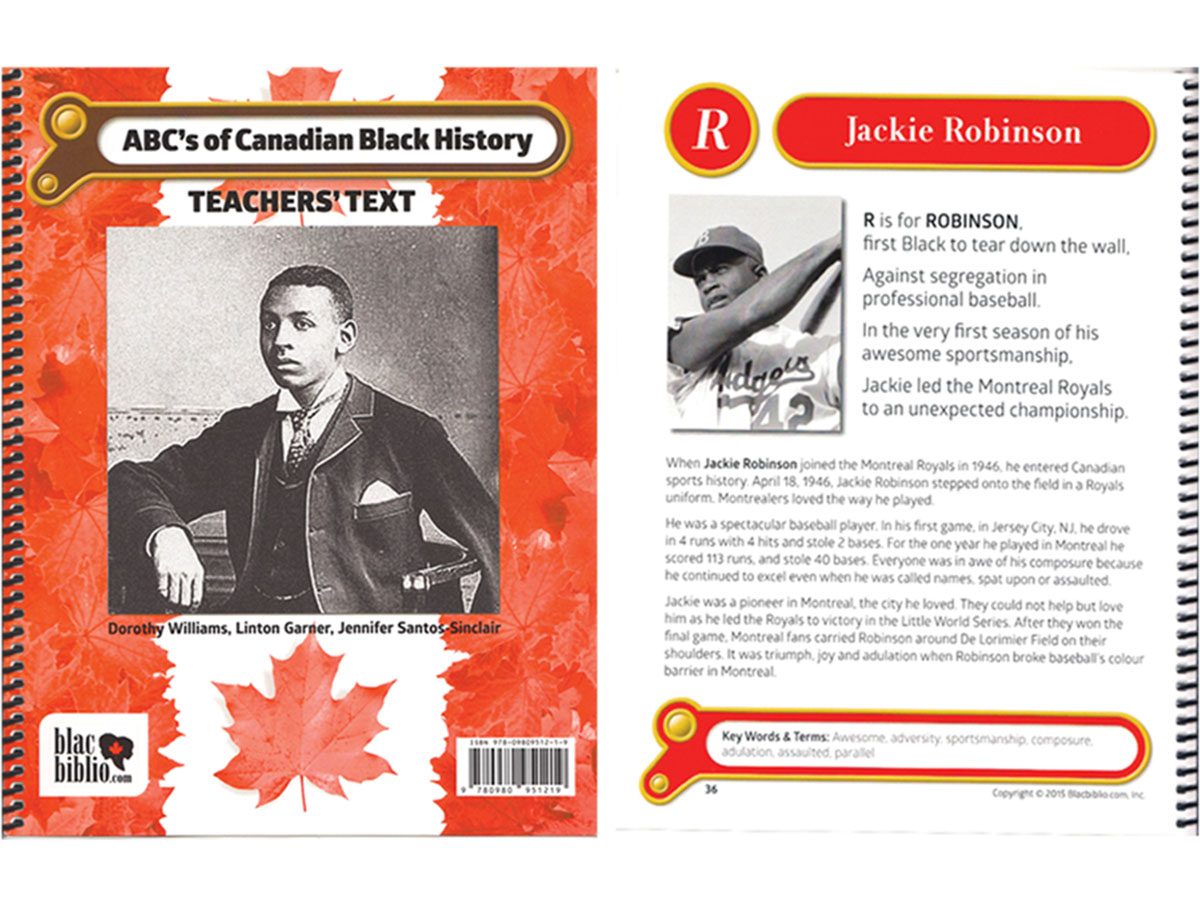
More than a hundred pancakes later, we began planning to bring this missing narrative into Canada’s classrooms. We went on to create a teacher’s toolkit that empowers educators with these untold stories, easy-to-use lesson plans and activities to engage students. On February 1, 2016, we celebrated Black History Month by launching the “ABC’s of Canadian Black History Kit: A Journey into Canadian History” at the McGill Faculty of Education in Montreal. Fast-forward to tumultuous 2020, the year of COVID-19, Black Lives Matter, George Floyd, and anti-Black racism, White Supremacy, peaceful protests and riots. Canadians also began openly acknowledging our own racial disparities. Many took a deeper look at our country’s unresolved issues about Canada’s own legacy of slavery, mass incarcerations, segregation and discrimination.
The challenge before us now is how to fulfill the promises of politicians, and business and community leaders to embrace diversity and inclusion and bring about the equality we thought we had achieved. Why not start with what we have in common? After all, we cannot know where we’re going if we don’t know where we’ve been. Our history can teach us a lot, but only if it includes the missing voices of our past, those of the Black, Indigenous and People of Colour, whose contributions to Canada have been suppressed, ignored or left uncelebrated.
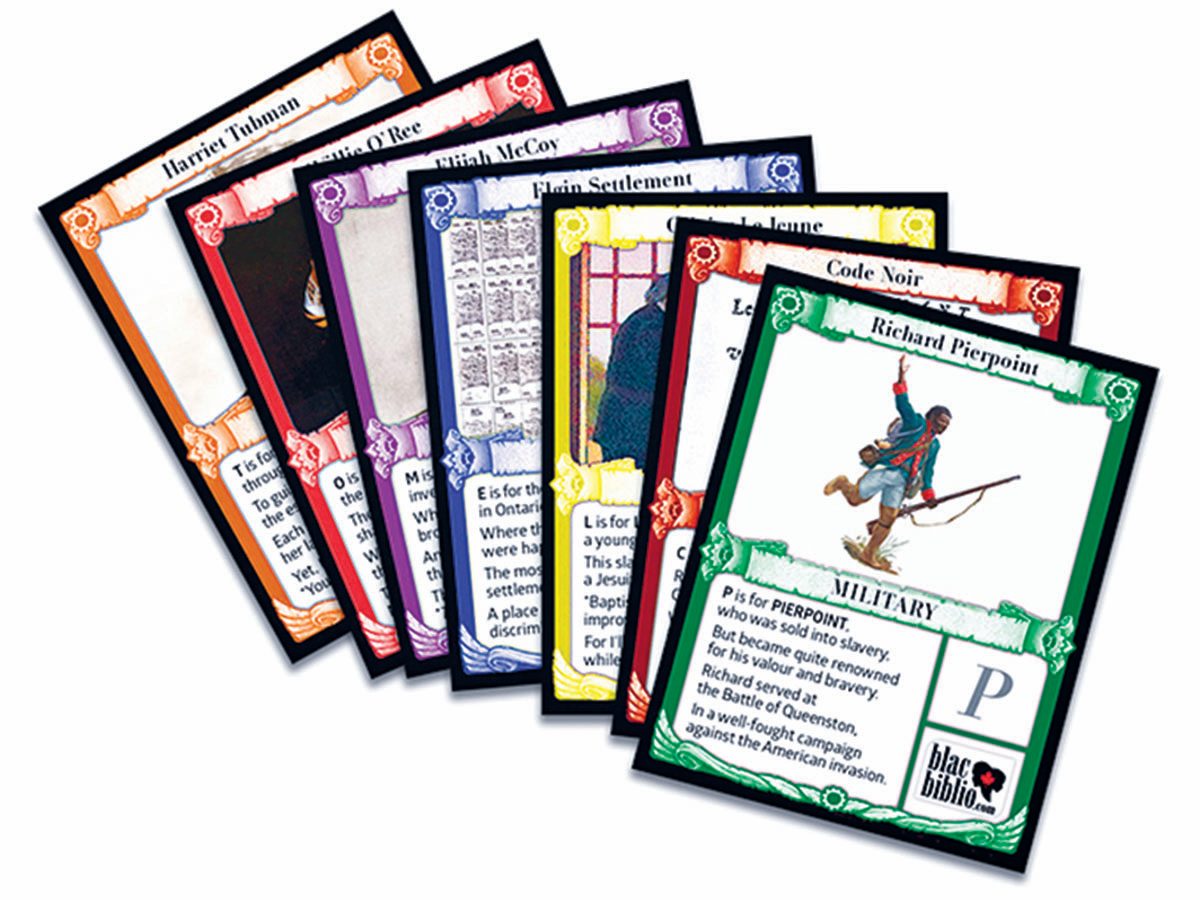
The “ABC’s of Canadian Black History Kit” is one way we can bridge the gap between where we have been and where we are going. To make the kit accessible and affordable for virtual learning in homes, schools, libraries and community programs, we are raising funds and community support to bring the kit online. If you share sentiments similar to those expressed above, I ask that you consider joining the many individuals, businesses and foundations, such as the Bronfman Family Foundation, who are helping ensure that teachers and students are equipped with the historical understanding that can help them answer the questions of today and plan for a better tomorrow.
Next, find out what Black Canadians are saying about racial injustice in Canada.
